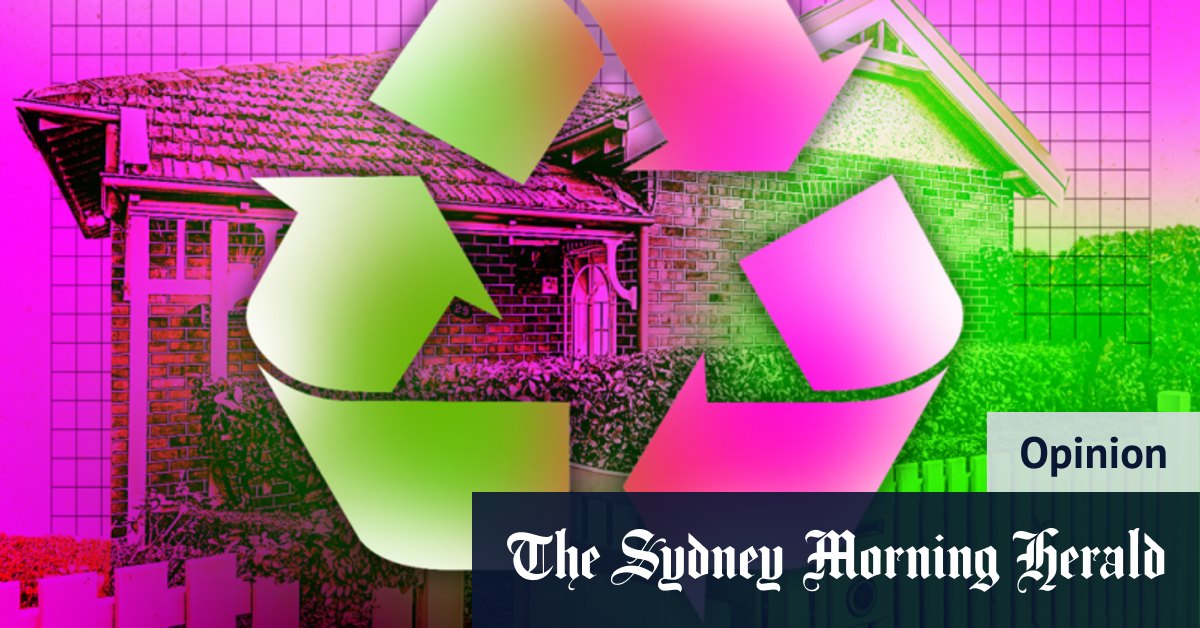Real Money, a free weekly newsletter giving expert tips on how to save, invest and make the most of your money, is sent every Sunday. You’re reading an excerpt − sign up to get the whole newsletter in your inbox.
One of the main tenets of money advice – especially the sort you hear commonly from the financial independence, retire early (FIRE) crowd – is to be debt-free. And it makes sense, as owing lots of money and paying interest are two things that aren’t conducive to being financially independent.
However, while this is sage advice for (comparatively) small debts such as credit cards and car financing, it is much more difficult when it comes to a $500,000 home loan – a large sum most people would consider “good” debt as it helps put a roof over your head.

Debt recycling involves using the equity in your home to invest in income-producing assets.Credit: Michael Howard
But what if you’re really determined to be debt free, even with a mortgage? Enter debt recycling.
Considered a fairly high-risk strategy, debt recycling involves using the equity in your home to invest in income-producing assets. It also is a way to convert a non-tax-deductible investment (an owner-occupied mortgage) into one that is tax-deductible.
Loading
Say you have $300,000 of equity in your home. You withdraw some or all of that and take out an investment loan to buy an income-producing asset such as a rental property or parcel of shares. The interest you pay on that loan is now tax-deductible (as opposed to the non-deductible home loan), and you then use the income from that asset, plus any tax savings, to pay down your mortgage faster.
What’s the problem?
This piece of financial wizardry can be a very effective strategy for savvy investors, but it can quickly fall apart. Leveraging your investments, especially when it involves your family home, can be high-risk, and you can compound your losses if your investments perform poorly, or the market hits a rough patch.

